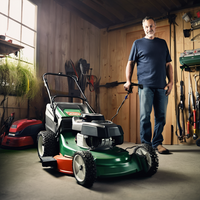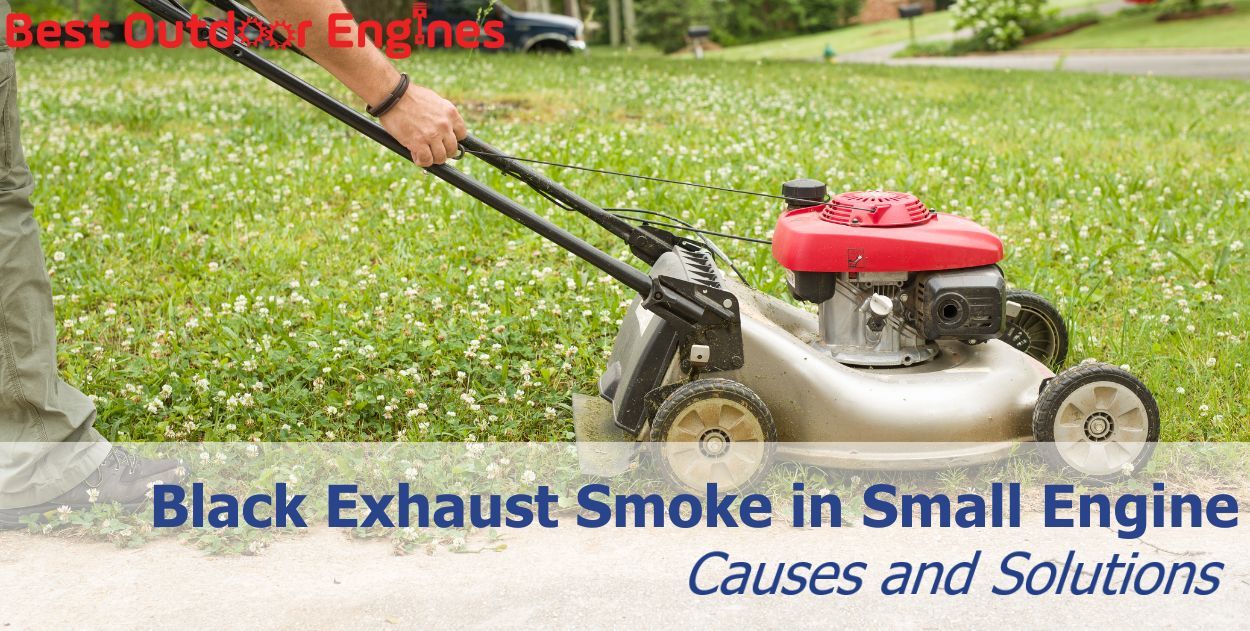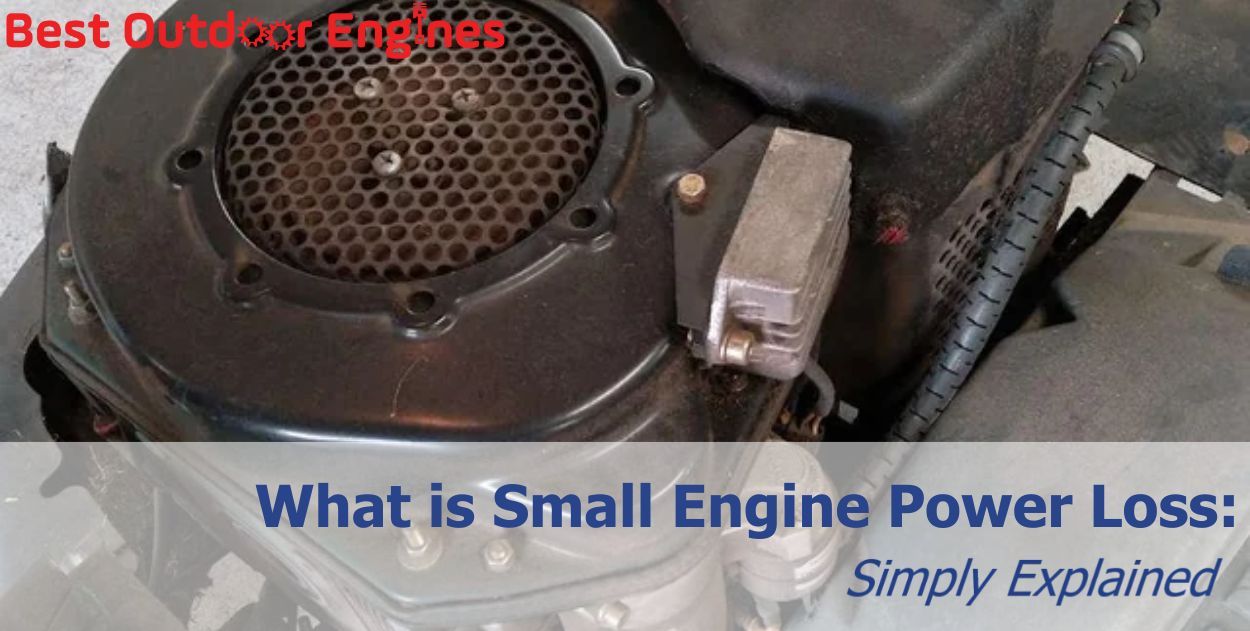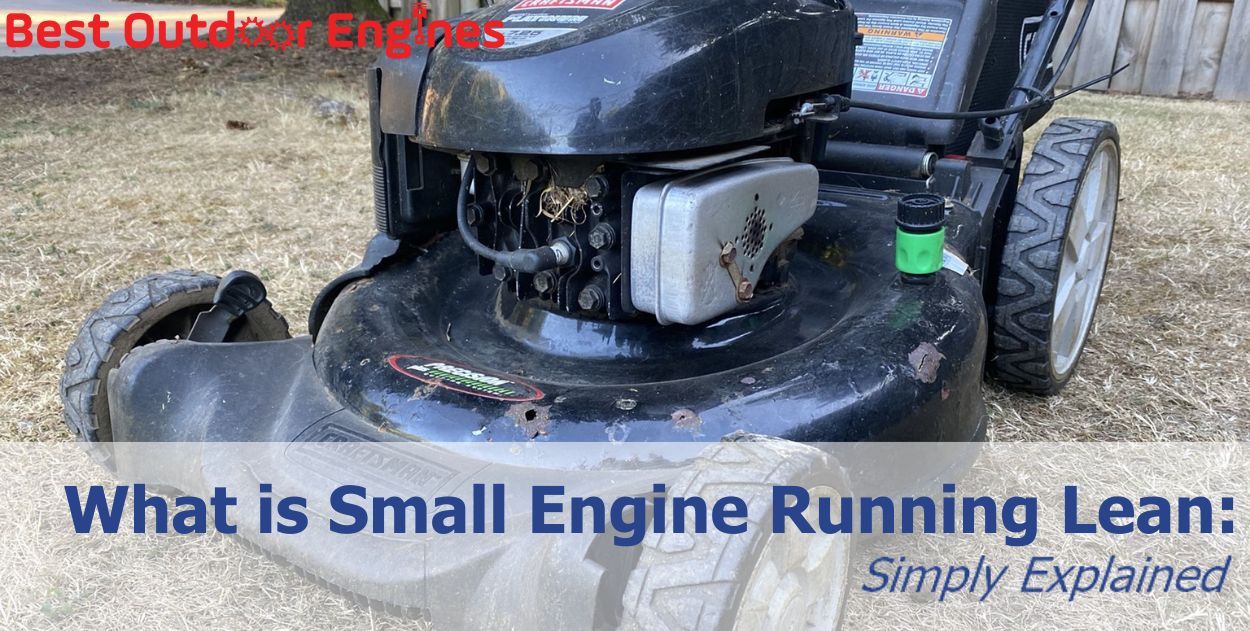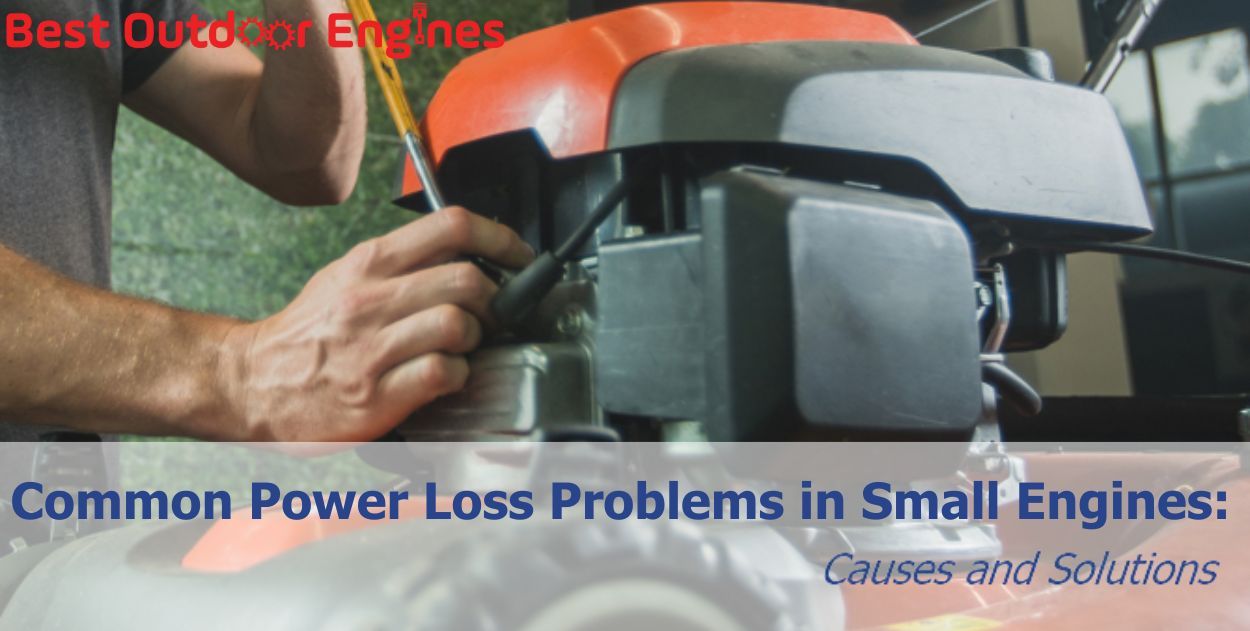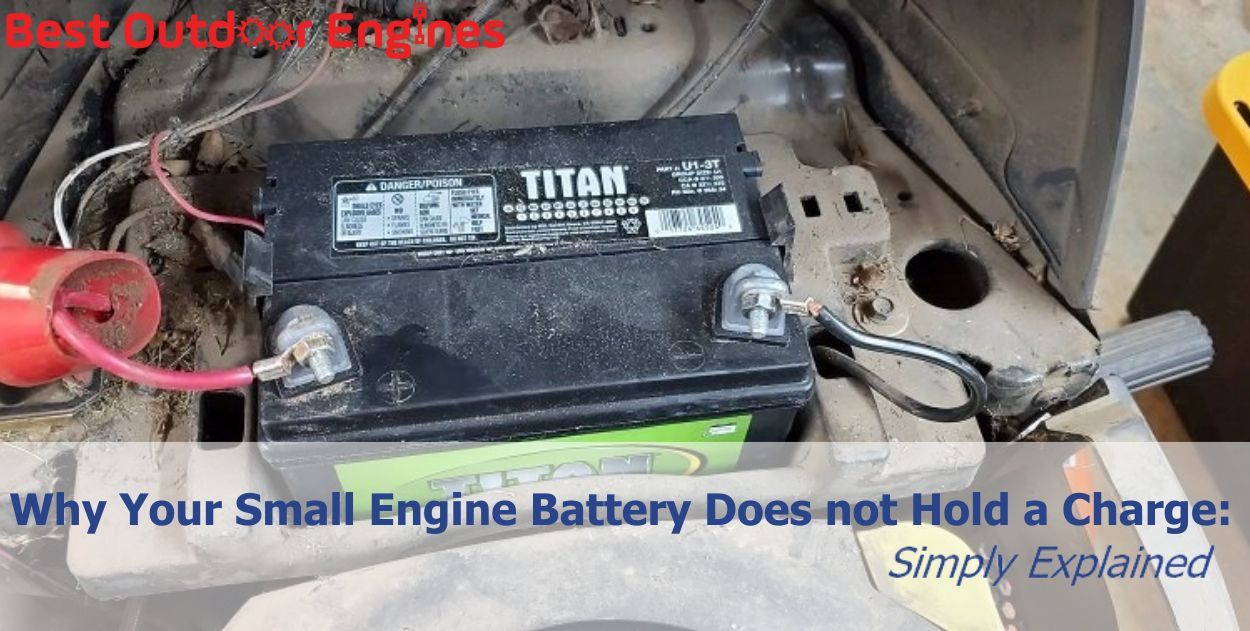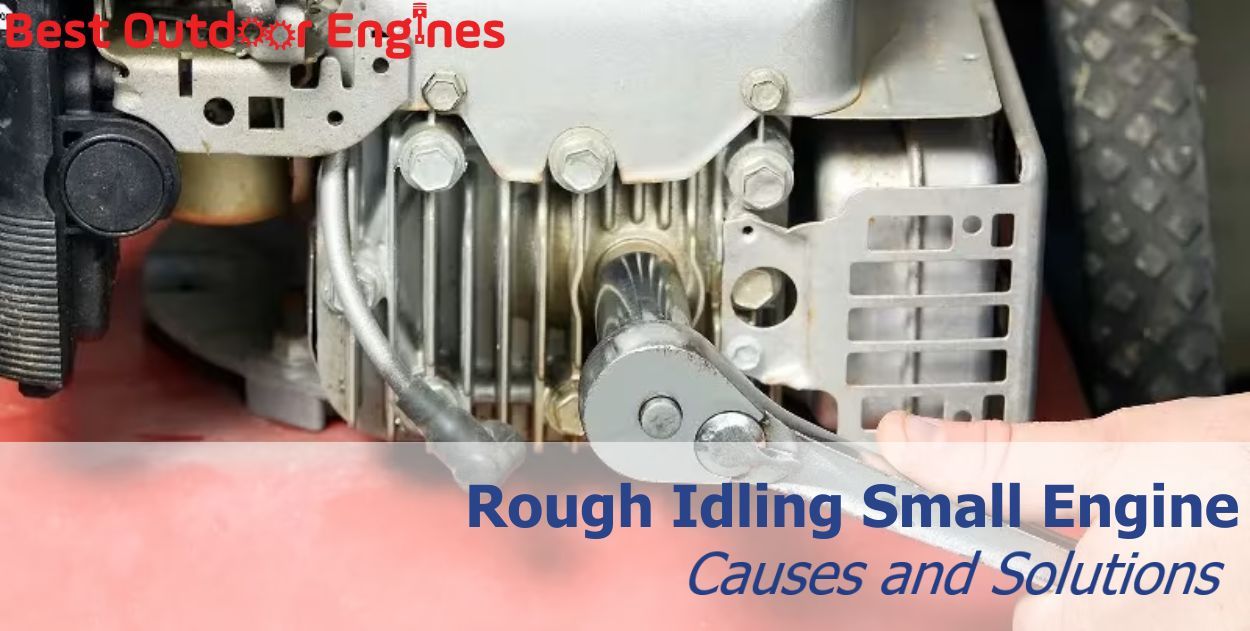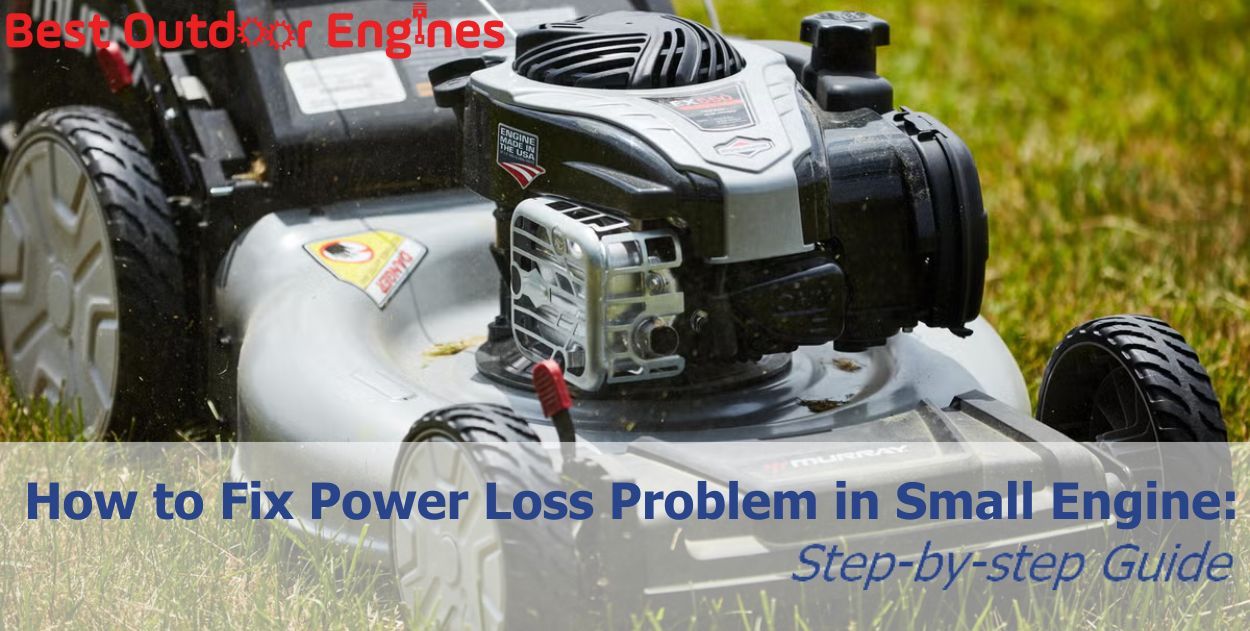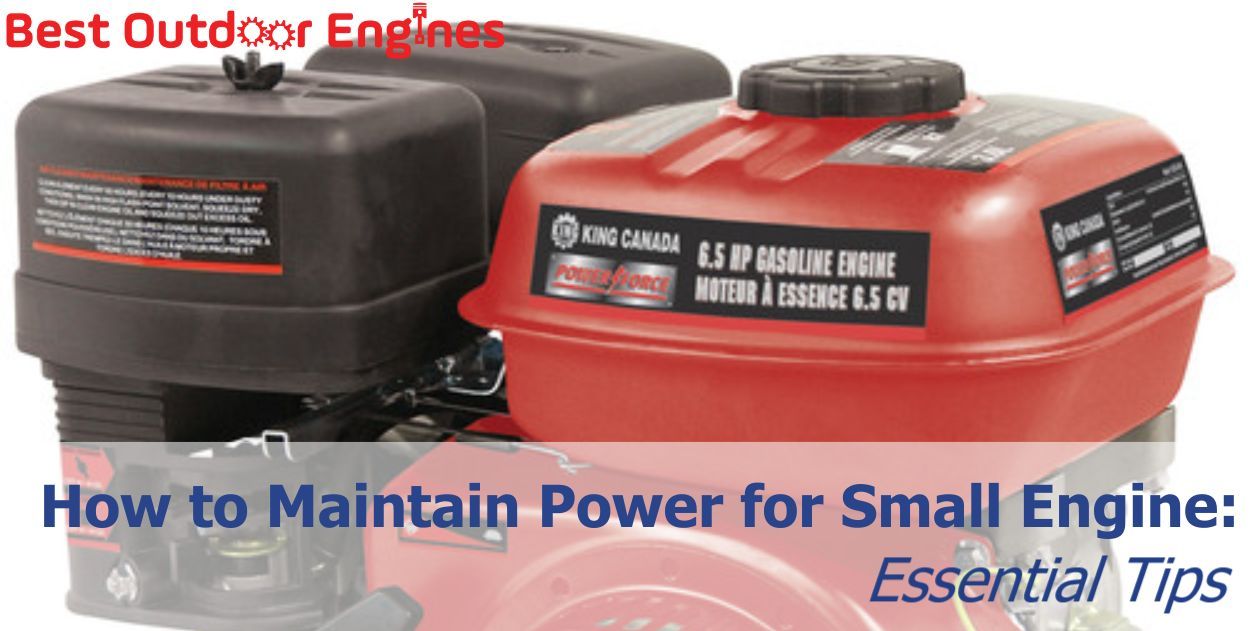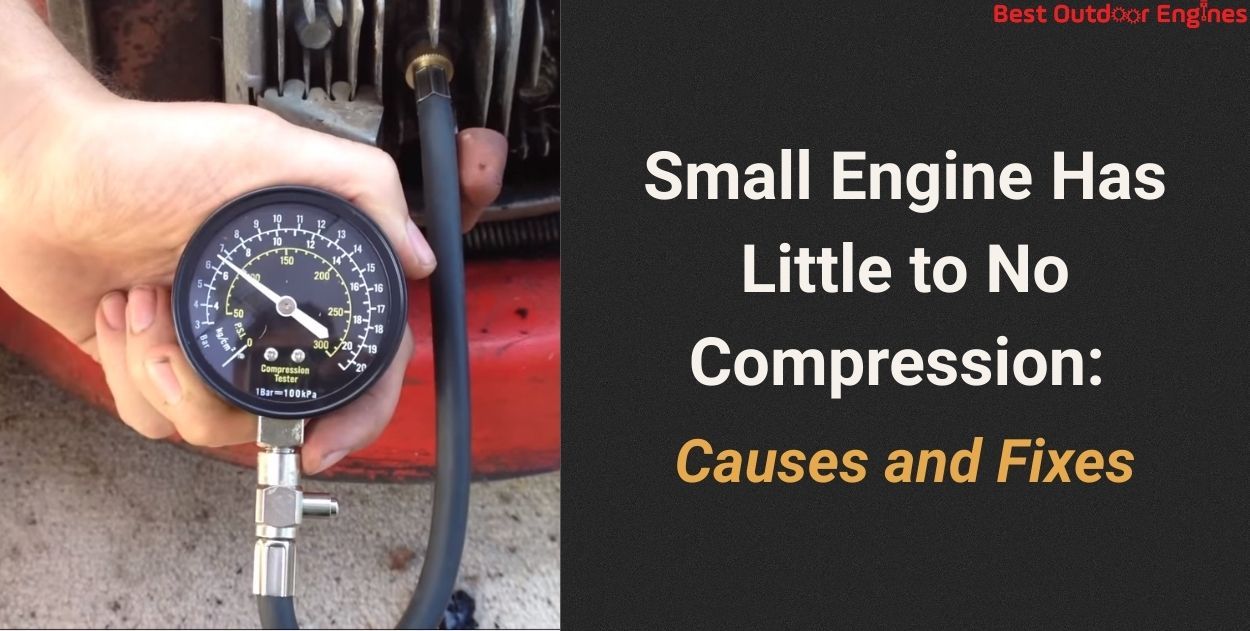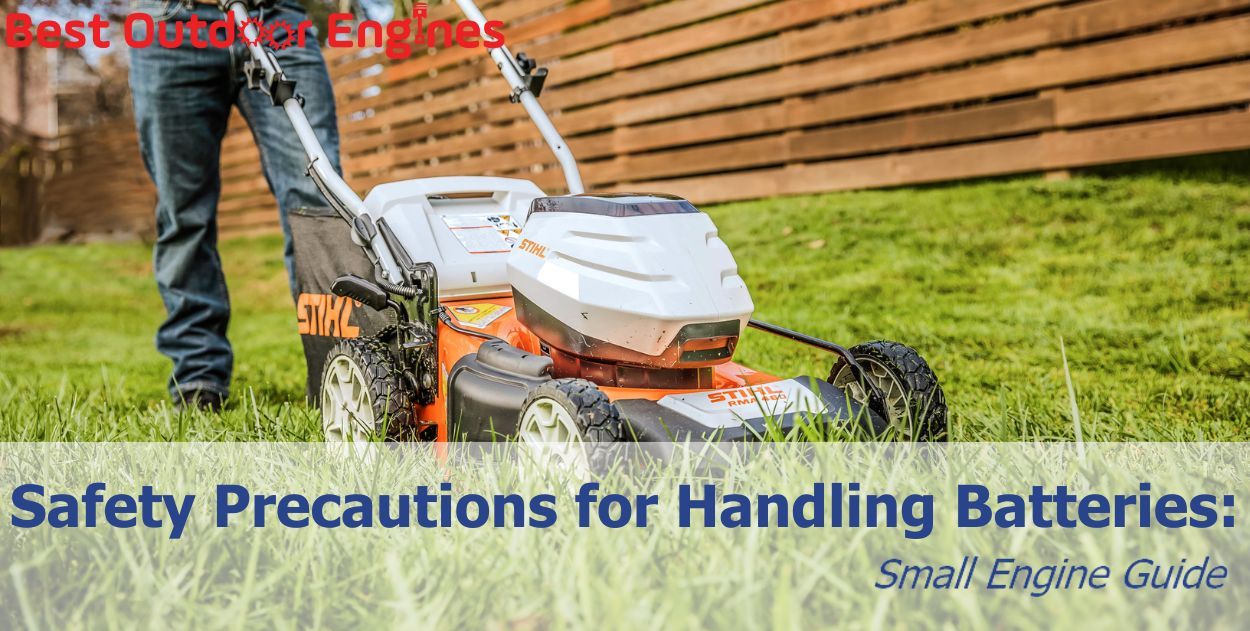The Tools You Need for Small Engine Repair: A Brief List
When it comes to small engine repair, having the right tools is crucial. Explore our guide to learn about the essential tools required for efficient and effective DIY maintenance and repair of small engines.

Why do you need tools to Repair Small Engines
Before delving into the intricate details of small engine repair, it's of paramount importance to fully comprehend the underlying rationale behind the necessity for possessing the correct tools. The acquisition of these tools extends far beyond mere convenience; it is the linchpin that elevates your repair endeavors to a level of precision that is indispensable.
Beyond the pursuit of accuracy, these tools serve as sentinels of safety, diligently guarding against inadvertent mishaps, thereby rendering your repair tasks not only more efficient but also significantly more effective.
In essence, the possession of the right tools is the cornerstone upon which the entire edifice of successful small engine repair rests, ensuring not only the longevity of your equipment but also the safeguarding of your personal well-being in the process.
Small engine repair is a craft that demands a meticulous selection of tools, each category serving a unique and indispensable role in the process. These tools encompass a wide array of categories, ranging from essential hand tools to highly specialized diagnostic and repair equipment. Let's delve deeper into these tool categories, elucidating their significance in the world of small engine repair.
Hand Tools:

This category forms the foundation of any small engine repair toolkit. It includes versatile tools like wrenches, pliers, and screwdrivers, which are the workhorses of the trade.
Wrenches: available in various sizes and types, ensure the proper tightening of nuts and bolts.
Pliers: provide a firm grip and facilitate the manipulation of small parts.
Screwdrivers: with their diverse tips, allow for the precise disassembly and reassembly of engine components. These hand tools are the first line of defense in tackling a myriad of issues commonly encountered in small engine repair.
Diagnostic Tools:

In the realm of diagnosing engine malfunctions, specialized diagnostic tools play a pivotal role.
Multimeter: Multimeters are versatile instruments commonly used for diagnosing and troubleshooting your small engine as well as other tools for repair. They can help you measure voltage, current, resistance, and continuity, making them invaluable for assessing the electrical components of engines, such as spark plugs, ignition systems, and sensors.
Torque wrenches: enable the accurate measurement and application of torque to ensure that fasteners are tightened to manufacturer specifications.
Spark plug gap gauges: This will come into play when assessing and adjusting spark plug gaps, crucial for optimal engine performance.
Specialty Repair Tools:
Small engines often require unique solutions, and specialty repair tools are designed precisely for these challenges.
Carburetor cleaners: essential for clearing clogged carburetors, a common issue in small engines.
Compression testers: help diagnose engine compression problems, aiding in the identification of potential leaks or internal engine damage.
Power Tools:
Power tools offer efficiency and precision in various repair tasks.
Socket sets: complemented by ratchets, provide the mechanical advantage needed to swiftly remove or install nuts and bolts.
Impact wrenches: can be immensely helpful in dealing with stubborn or rusted fasteners...
Other Possible Tools:
Beyond these established categories, the world of small engine repair occasionally calls for unique solutions. Depending on the engine type and specific issues, other tools like valve spring compressors, flywheel pullers, or ignition system testers may find their way into the toolkit. Flexibility and adaptability are key qualities in a successful small engine repair expert.
Small engine repair is a multifaceted endeavor, demanding a versatile toolkit that spans categories such as hand tools, diagnostic tools, specialty repair tools, power tools, and potentially others. The interplay of these tools ensures that you can diagnose, troubleshoot, and repair small engines effectively and efficiently. Whether you're maintaining lawnmowers, generators, or other small engine-powered equipment, the right tools are your allies in keeping them running smoothly for years to come. To equip yourself for small engine repair, you'll need a well-rounded toolkit, including:
- A set of quality wrenches
- Pliers with different sizes and types
- A variety of screwdrivers
- Socket sets
- Spark plug gap gauge
- Safety equipment such as gloves and safety glasses
Small engines, like those found in lawnmowers, generators, and other outdoor equipment, are susceptible to a range of issues. These common problems include a faulty spark plug, which can lead to starting problems or engine misfires; a clogged air filter that restricts airflow and hampers performance; the use of stale fuel, causing sputtering and difficulty starting; a dirty carburetor leading to poor idling and surging; blocked fuel lines restricting the flow of fuel; ignition problems resulting in misfires or no-start conditions; exhaust restrictions causing overheating and power loss; low oil levels, which can lead to engine damage; compression loss due to worn components; and finally, a dirty or worn spark arrestor, impacting exhaust flow and engine performance.
Being aware of these common issues empowers you to address them proactively, ensuring your small engine equipment operates reliably and efficiently. You can also learn to repair it in advance.
Having the right tools is the cornerstone of successful small engine repair. With the proper equipment and knowledge, you can tackle a wide range of problems that may arise with small engines, from lawnmowers to generators, and keep them running smoothly.
1. How often should I clean or replace my small engine's air filter?
Regularly inspect and clean the air filter every 25 hours of operation or as recommended in your engine's manual. Replace it if it's damaged or excessively dirty.
2. What's the best way to store small engine tools when not in use?
Store your tools in a dry, cool place to prevent rust and damage. Organize them in a toolbox or on a pegboard for easy access when needed.
3. Can I use standard automotive tools for small engine repair?
While some tools may overlap, it's advisable to invest in small engine-specific tools as they are designed for the unique requirements of these engines.
4. What's the significance of torque wrenches in small engine repair?
Torque wrenches ensure that you tighten nuts and bolts to the manufacturer's recommended specifications, preventing over-tightening or under-tightening, which can lead to issues.
5. How can I troubleshoot starting problems with my small engine?
Check the spark plug, fuel system, and air filter for issues. If the engine still won't start, consult your engine's manual or seek professional help.



